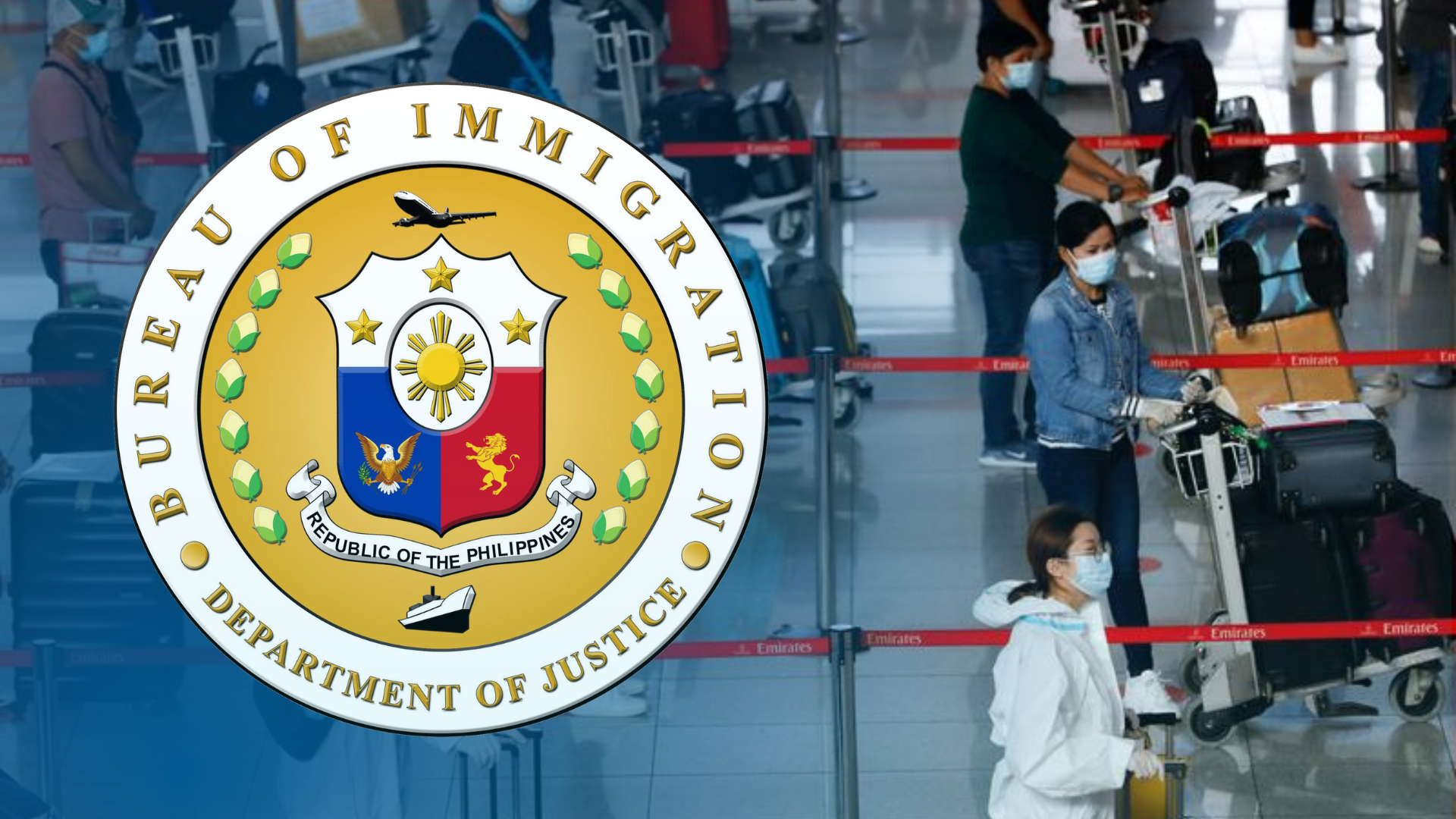Immigration agents to clean up airport act amid much flak

INQUIRER.net FILES
Backlash over the “ridiculous and frivolous” demands of immigration officers on some Filipinos traveling abroad has prompted authorities to revisit departure formalities for passengers being screened for human trafficking.
The Inter-Agency Council Against Trafficking (Iacat), of which the Bureau of Immigration (BI) is a member, is in the process of revising procedures “to better reflect current trends and plug the gaps” and “minimize the inconvenience” on passengers, the Department of Justice (DOJ) said on Thursday.
In a statement, the DOJ said existing protocols by BI personnel in screening outbound travelers were in line with the bureau’s mandate to protect Filipinos from human trafficking and other dangers.
The statement was in response to a number of Filipinos who had aired their grievances on social media about immigration officers asking what seemed to be irrelevant questions or demanding purportedly unnecessary documents, causing them to be offloaded or to miss their flights.
In one viral TikTok video, a woman said she missed her flight to Israel and had to book new tickets in December last year as a result of a lengthy interview with an immigration officer, who at one point asked for her yearbook and graduation photo.
Article continues after this advertisementREAD: BI makes it clear: Yearbook, diploma not needed to go through immigration process
Article continues after this advertisement‘Overly enthusiastic’
The case of Cham Tanteras drew public outrage, with Senator Grace Poe describing the requirements sought by the “overly enthusiastic” BI officers as “ridiculous” and “obviously frivolous.”
On March 16, the BI issued an apology “for the inconvenience this may have caused the Filipina passenger and other Filipino passengers.”
But in the same statement, the bureau insisted that “the issue of human trafficking and illegal recruitment is real and is happening every day.”
The immigration agency later said the officer who interviewed Tanteras had been relieved from frontline duties and reassigned to a back office.
At a recent Senate hearing on human trafficking, Senator Raffy Tulfo raised many complaints his office had received from travelers about immigration personnel asking for school records, bank statements, health certificates, and even barangay clearance.
READ: Worsening corruption and morale at the Bureau of Immigration
On March 24, Senator JV Ejercito urged the Senate to investigate the BI’s questionable procedures and the “unprofessionalism and inefficiency” of its officers.
According to the DOJ, the Iacat acknowledges and understands the plight of the many Filipinos who were inconvenienced by departure protocols.
“As we empathize with the disruptive effect these may have caused to the public, let us not overlook the fact that there is a bigger problem we need to address as a country: human trafficking,” the DOJ said, as it appealed for the public’s patience and understanding.
It added that the BI had taken steps to investigate any excessive or inappropriate behavior of some immigration officers. “Rest assured, the abusive behavior which goes beyond the mandate of the officers will not be tolerated and will be appropriately and strictly dealt with,” the DOJ added.
‘Well-traveled’ victims
It cited fresh challenges in distinguishing regular passengers from potential trafficking victims, noting that a new recruitment scheme involved educated, professional, tech-savvy, and well-traveled Filipinos being lured to work in regional call centers linked to online scamming and other fraudulent activities.
READ: DFA: Around 50-100 Filipino victims of ‘crypto trafficking’ are in Cambodia, Myanmar, Laos
“The profile of these victims poses a challenge to our implementation of the departure formalities as many of them do not share the vulnerabilities of traditional victims of labor trafficking, such as those Filipinos exploited as domestic workers in the Middle East or fishers in the Asia-Pacific region,” the agency said.
From January to February alone, the BI deferred the departure of 6,788 of more than 1 million Filipinos who exited the country’s international airports, the DOJ said.
Incomplete documents
Of this number, 57 were referred to Iacat as likely victims of human trafficking, while the rest were deferred for other reasons, such as incomplete, improper or misrepresented documents.
READ: Targeted while traveling
Last year, according to BI data, a total of 32,404 Filipinos were delayed or barred from departure, of whom 472 were found to have been victims of trafficking or illegal recruitment, 873 misrepresented themselves or presented fraudulent documents, while 10 were minors attempting to work abroad.
Tier 1 rating
The DOJ also noted that as a result of stringent screening, the Department of Foreign Affairs reported a significant drop in the number of calls for assistance from Filipinos in the region involving likely victims of human trafficking.
The country has maintained its Tier 1 status in the United States Trafficking in Persons Report for seven consecutive years. A Tier 1 rating means a government has fully met the minimum standards for the elimination of trafficking and has demonstrated serious and sustained efforts to combat the crime.
In Southeast Asia, only the Philippines and Singapore were listed under Tier 1 last year.